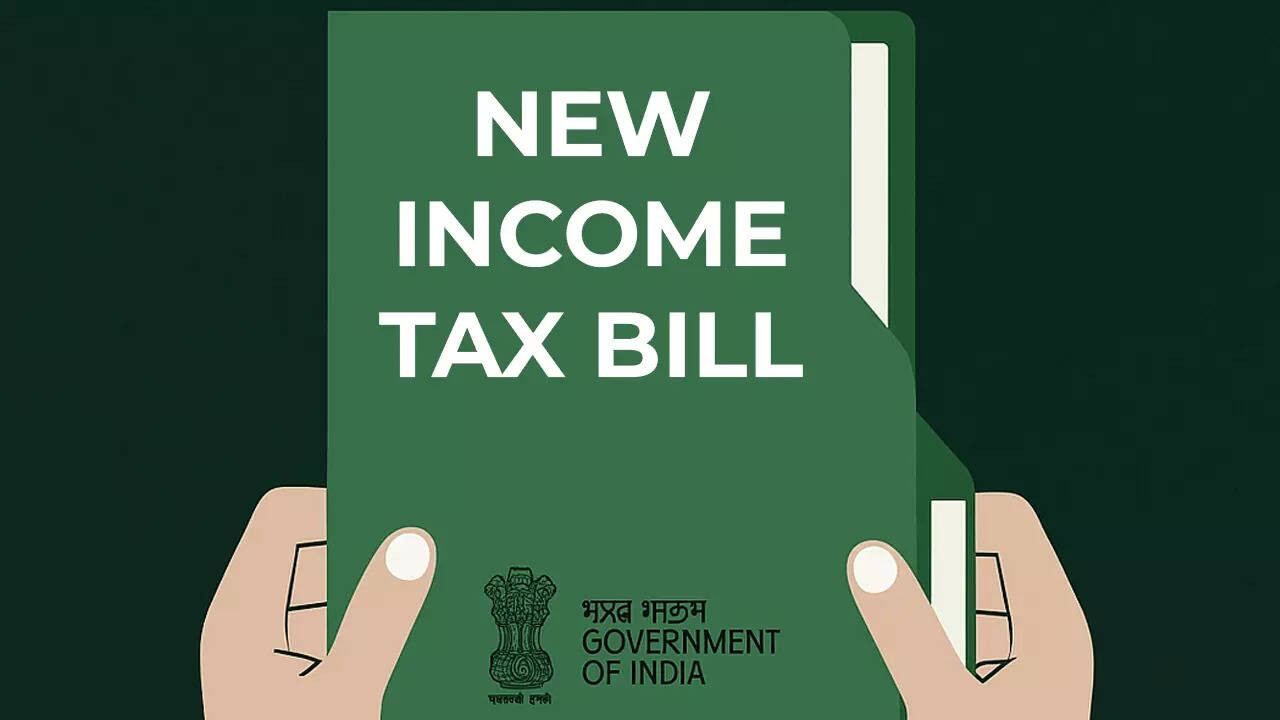FM Nirmala Sitharaman tabled the revised New Income Tax Bill 2025 in Parliament. This followed the withdrawal of the original bill. The new version incorporates recommendations from a Parliamentary Select Committee.
Tax Overhaul on the Horizon: Decoding the Proposed Income Tax Bill 2025
The Indian tax landscape is potentially on the verge of a seismic shift. A new Income Tax Bill, slated for 2025, has been introduced in Parliament, sparking both anticipation and scrutiny. But what exactly does this bill entail, and how might it impact your finances? Let’s dive into the key recommendations from the parliamentary panel that are shaping this crucial piece of legislation.
One of the most significant areas of focus is simplifying the income tax structure. For years, taxpayers have grappled with a complex web of deductions, exemptions, and varying tax slabs. The proposed bill aims to streamline this process, potentially leading to a more transparent and user-friendly system. The goal? To make filing taxes less daunting and encourage greater compliance.
The parliamentary panel strongly advocated for reducing litigation related to tax disputes. The bill incorporates measures designed to clarify ambiguous provisions and introduce mechanisms for faster resolution of conflicts. This could mean less time and money spent on legal battles, freeing up resources for both the government and taxpayers. Imagine a system where tax disputes are resolved swiftly and fairly – that’s the vision.

Beyond simplification, the proposed bill addresses some critical issues concerning specific sectors. For instance, there’s a strong emphasis on promoting investment in infrastructure and incentivizing startups. This suggests a forward-thinking approach, recognizing the importance of these sectors for India’s economic growth. The bill seeks to create a more favorable environment for innovation and development, potentially unlocking new opportunities for businesses and individuals alike.
Boosting compliance is a major objective of this new tax regime. The bill includes provisions to strengthen enforcement mechanisms and deter tax evasion. This might involve enhanced data analytics, improved information sharing between government agencies, and stricter penalties for non-compliance. The message is clear: the government is serious about cracking down on tax dodgers and ensuring that everyone pays their fair share.
Furthermore, the parliamentary panel highlighted the need for greater clarity on the taxation of digital assets. With the rise of cryptocurrencies and other virtual assets, this is a timely and crucial consideration. The bill is expected to provide a comprehensive framework for taxing these assets, addressing concerns about regulatory uncertainty and ensuring that the government can effectively collect revenue from this burgeoning sector.
The bill also suggests a re-evaluation of existing tax exemptions. While some exemptions may remain, others could be phased out or modified. This is a delicate balancing act, as the government aims to broaden the tax base without unduly burdening taxpayers. The changes may be phased in gradually to minimize disruption. This also allows for greater revenue generation, which could fund essential public services and infrastructure projects.
Another key area addressed by the Income Tax Bill 2025 is the modernization of tax administration. This includes leveraging technology to improve efficiency, enhance transparency, and provide better services to taxpayers. Think online portals for filing returns, mobile apps for tracking refunds, and AI-powered chatbots for answering queries. The goal is to create a seamless and convenient experience for taxpayers, making it easier for them to fulfill their obligations. This ties in with making it a more user-friendly system, as noted earlier.
The bill’s success hinges on striking a balance between revenue generation and taxpayer convenience. It’s a complex equation, but the potential rewards are significant: a more efficient tax system, increased compliance, and a stronger economy. The coming months will be crucial as Parliament debates and refines the bill, shaping the future of taxation in India.
Learn about previous tax reforms in India.
The proposed Income Tax Bill 2025 represents a significant step towards modernizing and simplifying India’s tax system. While the final shape of the legislation remains to be seen, the key recommendations from the parliamentary panel offer a glimpse into the government’s vision for a more efficient, transparent, and equitable tax regime. The focus on simplification, compliance, and modernization suggests a proactive approach to addressing the challenges of a rapidly evolving economy. By adapting to the digital age and promoting investment, this new framework holds the potential to unlock significant economic opportunities for both individuals and businesses across the country.







